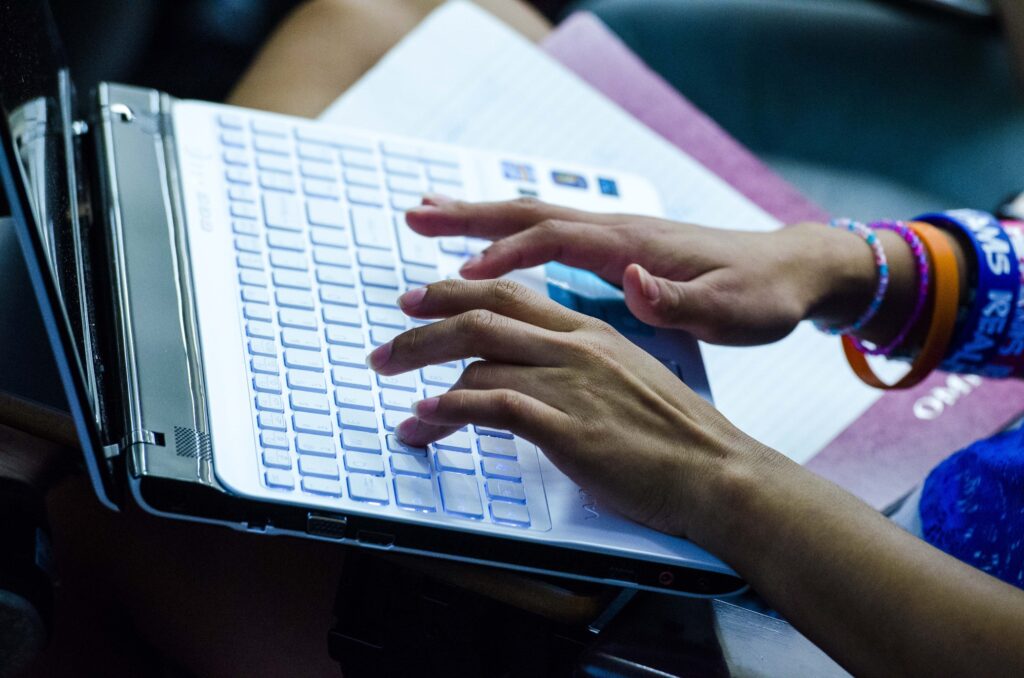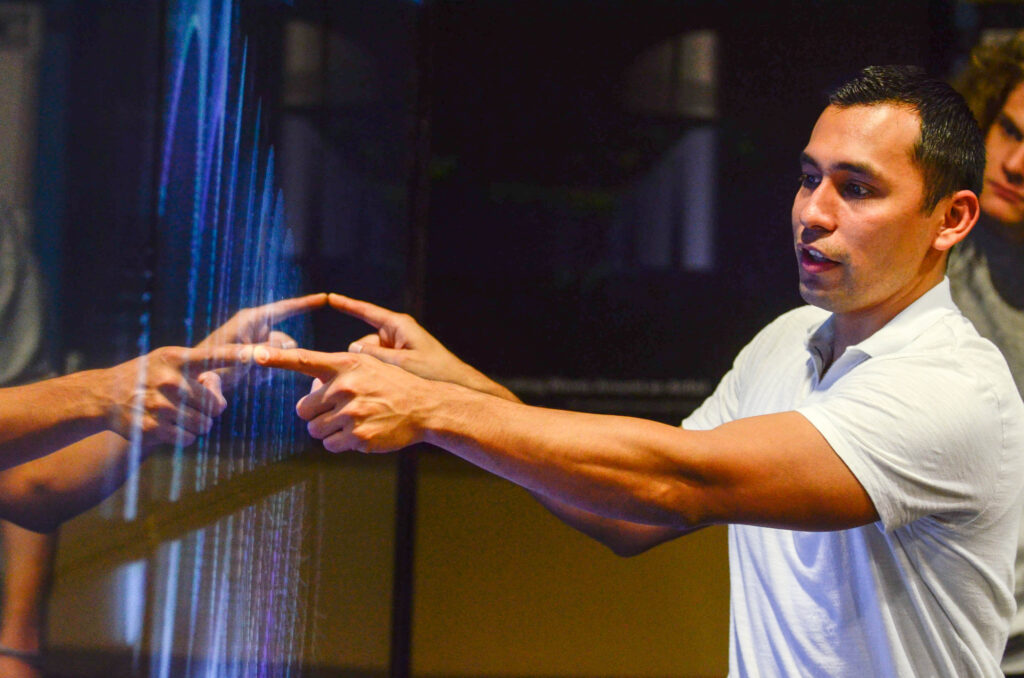
Training Future Faculty in Library, AI, and Data Driven Education and Research
Libraries need to help shape the future of artificial intelligence and data science research and practice. The LADDER Project aims to educate future LIS faculty who can teach new librarians how to best develop, apply, and use AI in libraries in ways that are equitable, ethical, and effective.
To achieve this, nine doctoral students will be selected as LADDER Fellows in the School of Information at the University of Texas at Austin over three years. These doctoral students will work alongside this project’s principal investigators, and will collaborate with librarians, rotating across three library contexts: public, school, and academic libraries. Participating libraries will serve as living learning labs in which librarians and cohort members build AI-based tools and develop innovations.
The LADDER project seeks to address three research questions: How can we ensure that libraries play a leading role in advancing AI and data science? How can we staff LIS faculty with AI and data science researchers/educators who situate their research and education in the library setting? How can we design and implement a training program for LIS doctoral students that brings in students with AI and data science skills and trains them in leveraging this expertise in the library setting? This project aims to increase the capacity of library and information science programs to educate the librarians of tomorrow by preparing cohorts of outstanding future faculty who understand both cutting-edge technology and the unique service environment of libraries.
Goals of the LADDER Project

Support Early-Career Scholars
Educate future iSchool Faculty who have expertise across AI and data science, as well as experience in library contexts.
Develop Forward Thinkers
Educate the next generation of scholars to become data science and library experts capable of shaping the changing AI landscape.

Funded by

Funding: This project was made possible in part by the Institute of Museum and Library Services grant: RE-252381-OLS-22



